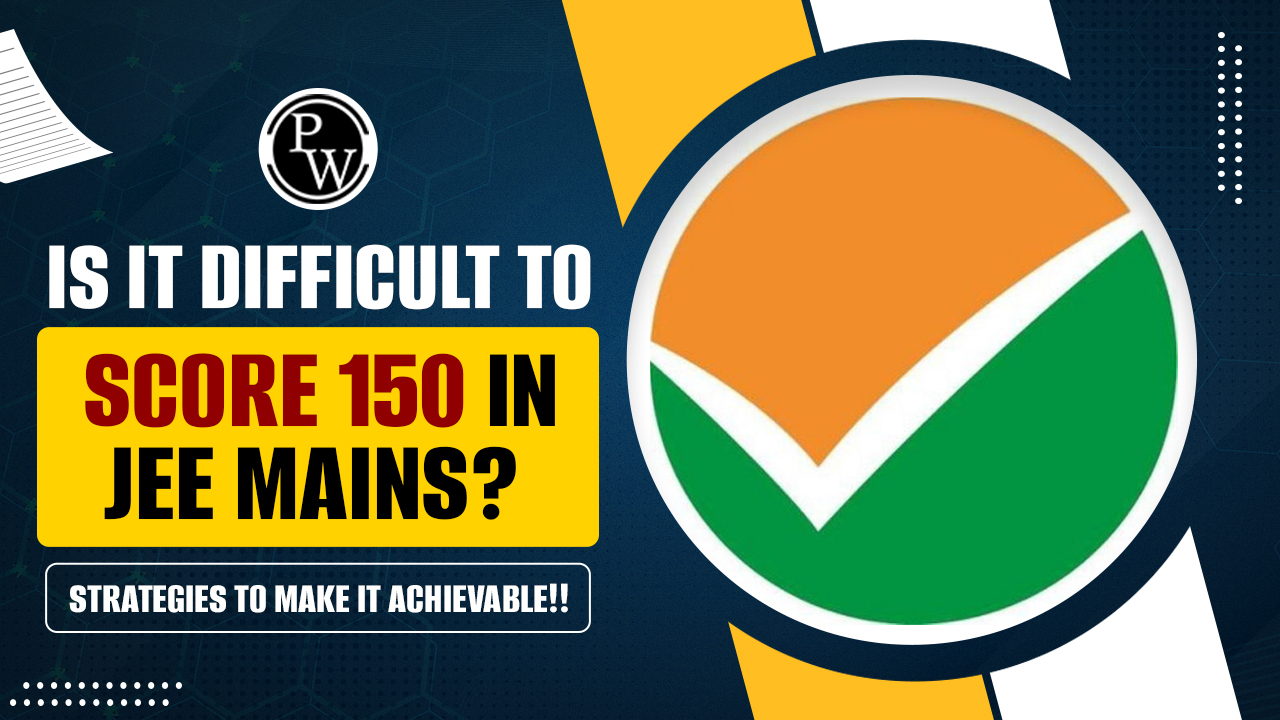NCERT Books for CBSE Class 12 Maths | 2024-25 Latest Edition

NCERT Books for CBSE Class 12 Maths: Students of CBSE Class 12 must refer to the NCERT Class 12 book for preparation for the CBSE Class 12 board examination. Students can download the Class 12 Maths Book PDF in this article. Class 12 Maths NCERT syllabus is divided into two parts i.e., Mathematics Part I, and Mathematics Part II. Class 12 Maths Book for Mathematics Part I includes topics such as Relations and Functions, Inverse Trigonometric Functions, Determinants, Application of Derivatives, etc. CBSE Class 12 Maths Book for Mathematics Part II includes topics such as Integrals, Differential Equations, linear Programming, Probability, etc.
CBSE Class 12 Maths Book PDF by Physics Wallah
Students can check the CBSE Class 12 Book PDF by Physics Wallah in the table below. Class 12 Maths Book PDF for Mathematics Part I and Part II is updated below.
|
Class 12 Maths Book PDF by Physics Wallah |
|
|
Class 12 Maths Books |
PDF Link |
|
Class 12 Science Stream 30 Sample Papers |
|
|
Class 12 Maths Sample Paper |
|
|
Class 12 Applied Maths Sample Paper |
|
|
CBSE Question Bank Class 12 |
|
|
Class 12 PCM Question Bank |
|
|
Class 12 Maths Question Bank |
|
Check out: Class 12th Sample Papers
Importance of CBSE Class 12 Maths Book by NCERT
Students must refer to the CBSE Class 12 Maths NCERT books for their exam preparation. Check the importance of CBSE Class 12 Maths NCERT books below.
Covers the Syllabus: The book is designed according to the CBSE Class 12 syllabus, ensuring that all important topics are included. This helps students prepare thoroughly for their exams.
Clear Explanations: The concepts in the book are explained in a simple and clear manner. This makes it easier for students to understand difficult topics.
Practice Problems: Each chapter includes a variety of problems to solve. Practicing these problems helps students strengthen their understanding and improve their problem-solving skills.
Structured Format: The book is well-organized, with each chapter building on the previous one. This helps students learn progressively, making complex concepts easier to grasp.
Includes Examples: The book provides examples that illustrate how to solve different types of problems. These examples guide students through the problem-solving process.
Regular Revision: At the end of each chapter, there are summaries and key points. These help students quickly revise important concepts before exams.
Supports Board Exams: Since the NCERT book is the primary resource for CBSE exams, studying from it prepares students well for their board exams.
Promotes Conceptual Understanding: The focus is not just on memorizing formulas but on understanding the underlying concepts. This helps students apply their knowledge in different situations.
Useful for Future Studies: A strong foundation in Class 12 Maths is essential for many college courses, especially in science and engineering fields. The NCERT CBSE Class 12 Maths book helps build this foundation.
Accessible and Value for Money: The NCERT book is available for free online and in print at a low cost, making it accessible to all students.
Check out: CBSE Class 12 Science Stream Combined Sample Papers For 2024-2025 Board Exams
NCERT Maths Class 12 Preparation Tips
Students who are preparing for NCERT Maths Class 12 must follow the below NCERT Maths Class 12 Preparation Tips for the exam.
Understand the Syllabus: Students should start by getting the Class 12 Maths syllabus from the CBSE website. This syllabus tells them all the topics they need to study. Breaking it down into smaller sections like algebra, calculus, and geometry can help. Making a checklist to mark off topics as they finish them will help students stay organized and focused on what they need to learn.
Use the NCERT Textbook: The NCERT textbook is very important for preparation. Students should read each chapter carefully and pay attention to definitions and important theorems. Working through the examples in the book is crucial, as they show how to solve different types of problems. Understanding each step in the examples will help students solve similar problems later.
Make a Study Schedule: Creating a study timetable that includes time for each chapter is essential. For example, students could study calculus for two days, then switch to algebra for the next two days. Setting specific goals, like completing a certain number of problems or reviewing a chapter each week, will help them cover all topics without feeling rushed or stressed.
Practice Regularly: Math requires consistent practice. Students should try to solve different problems from each chapter every day. Starting with easier problems to build confidence and then moving on to harder ones is a good strategy. Aiming to solve at least 20-30 problems a day will strengthen their understanding and help them get comfortable with various question types.
Focus on Important Topics: Some topics are more important than others and often appear in exams. Key areas to focus on include limits, derivatives, integrals, probability, and coordinate geometry. Spending extra time on these topics, as they are likely to carry more marks, is beneficial. Making a list of these key topics and prioritizing them in the study plan can help.
Take Notes: While studying, students should keep a notebook for Maths. Writing down important formulas, definitions, and any tricky problems they find is helpful. Summarizing each chapter in their own words reinforces learning and provides a handy reference for quick reviews before the exam.
Solve Previous Year Papers: Practicing with past years’ question papers is a great way for students to get a feel for the exam format. Starting with papers from the last five years will help them understand the types of questions asked and how to manage their time. Timing themselves while solving these papers will improve their speed.
Join Study Groups: Studying with friends can make learning more fun and effective. Students should form a study group where they can discuss concepts and solve problems together. Explaining ideas to each other helps reinforce understanding. Scheduling regular meetings and ensuring everyone comes prepared with questions and topics to cover is important.
Seek Help When Needed: If students find a topic difficult, they shouldn’t hesitate to ask for help. Talking to teachers, getting a tutor, or looking for online videos that explain the concept in a different way can make a big difference. Getting help early can clear up confusion and save time later.
Revise Regularly: Setting aside a specific time each week for revision is crucial. Going over notes and important concepts from previous chapters should be part of their routine. Making it a habit to revise at least one chapter each week keeps the information fresh in their minds and builds confidence as the exam approaches.
Stay Calm and Positive: Maintaining a positive attitude during preparation is essential for students. Using relaxation techniques like deep breathing or taking short breaks can help manage stress. Reminding themselves of their goals and celebrating small successes along the way will keep them motivated. A calm and focused mindset will help them perform better in their studies and on exam day.
Check out: Class 12th Question Banks
NCERT Class 12 Maths Book FAQs
Q1. What is the NCERT Class 12 Maths book?
Ans. The NCERT Class 12 Maths book is a textbook designed by the National Council of Educational Research and Training (NCERT) for students in Class 12. It covers all the topics included in the CBSE syllabus for Mathematics.
Q2. Why is the NCERT Class 12 Maths book important?
Ans. The book is important because it provides a comprehensive understanding of key concepts, theories, and problems, making it the primary resource for CBSE exams. It aligns closely with the exam format and helps students prepare effectively.
Q3. How should students use the NCERT Maths book for effective study?
Ans. Students should read each chapter carefully, work through the examples, and solve the exercises regularly. Making notes of important formulas and concepts can also aid in revision.
Q4. What topics are covered in the NCERT Class 12 Maths book?
Ans. The book covers various topics, including relations and functions, calculus, linear programming, probability, and statistics, among others. Each topic is designed to build on the knowledge gained in earlier classes.











